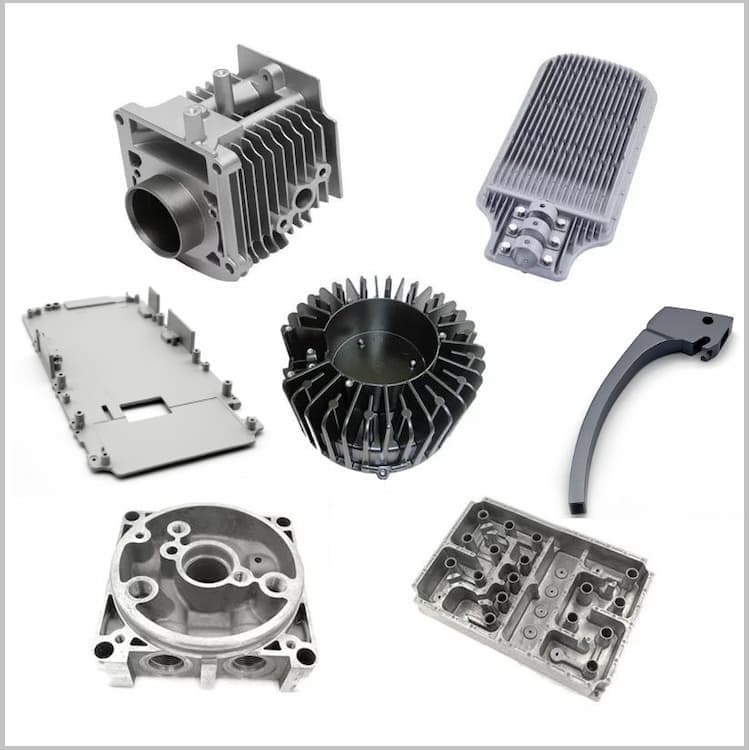IV. Selecting the Right Alloy for Your Die Casting Project
4.1. Specific Application Requirements
Understanding the specific requirements of the application is paramount. For instance, in electronics, where thermal conductivity is crucial, aluminum alloys may be preferred. In automotive applications, the weight advantage of magnesium alloys can significantly contribute to fuel efficiency.
4.2. Project-Specific Considerations
Each die casting project is unique, with distinct goals and requirements. Tailoring the material selection to align with the project’s objectives is essential. Factors like desired performance, longevity, and environmental impact should guide the decision-making process.
4.3. Material Compatibility and Joining Techniques
Consideration of material compatibility is essential, especially in projects involving multiple components or materials. Understanding how well the chosen alloy integrates with other materials and the feasibility of various joining techniques (welding, adhesive bonding, etc.) is critical for the overall integrity of the final assembly.
4.4. Surface Finish and Aesthetics
Depending on the application, the desired surface finish and aesthetics may be crucial. Aluminum alloys often offer excellent surface finishes and can be easily anodized, making them suitable for applications where appearance matters. Magnesium alloys may require additional processes to achieve similar aesthetic results.
4.5. Supply Chain and Availability
Assessing the availability and stability of the supply chain for the chosen alloy is crucial for uninterrupted production. Understanding potential supply chain challenges, geopolitical factors, and the global availability of the selected material helps mitigate risks associated with material sourcing.

